For an artist whose calling card was once a sense of gentle inscrutability, Annie Clark has become very good at courting controversy. Her reputation as St. Vincent has morphed so drastically in the past decade that her catalogue sometimes feels like the work of several different artists — the brainy romantic, the aloof art rock weirdo, the world-swallowing pop dominatrix, the retro chameleon. That restlessness has made for one of the most interesting careers to come from the mid-2010s indie heyday, a presence that causes as much thinkpiece-ready discourse as it does awed quietude.
After the controversial throwback rock of 2021's Daddy's Home, St. Vincent is prepped for a reset with All Born Screaming, her forthcoming foray into industrial rock and frenzied rage. Judging by NIN-biting lead single "Broken Man," it doesn't seem like Clark has quite shaken her newfound penchant for vintage sonic touchstones, though she's largely done away with her previous record's campy theatricality. No more wigs, just a lot of fire.
In anticipation of this new incarnation of St. Vincent, we've ranked her previous records from our least to most favourite. From her eerie, baroque early days to a link up with a legend and the high-wire intensity of her later work, here's our breakdown of St. Vincent's nearly two decades of music.
7. Daddy's Home (2021)
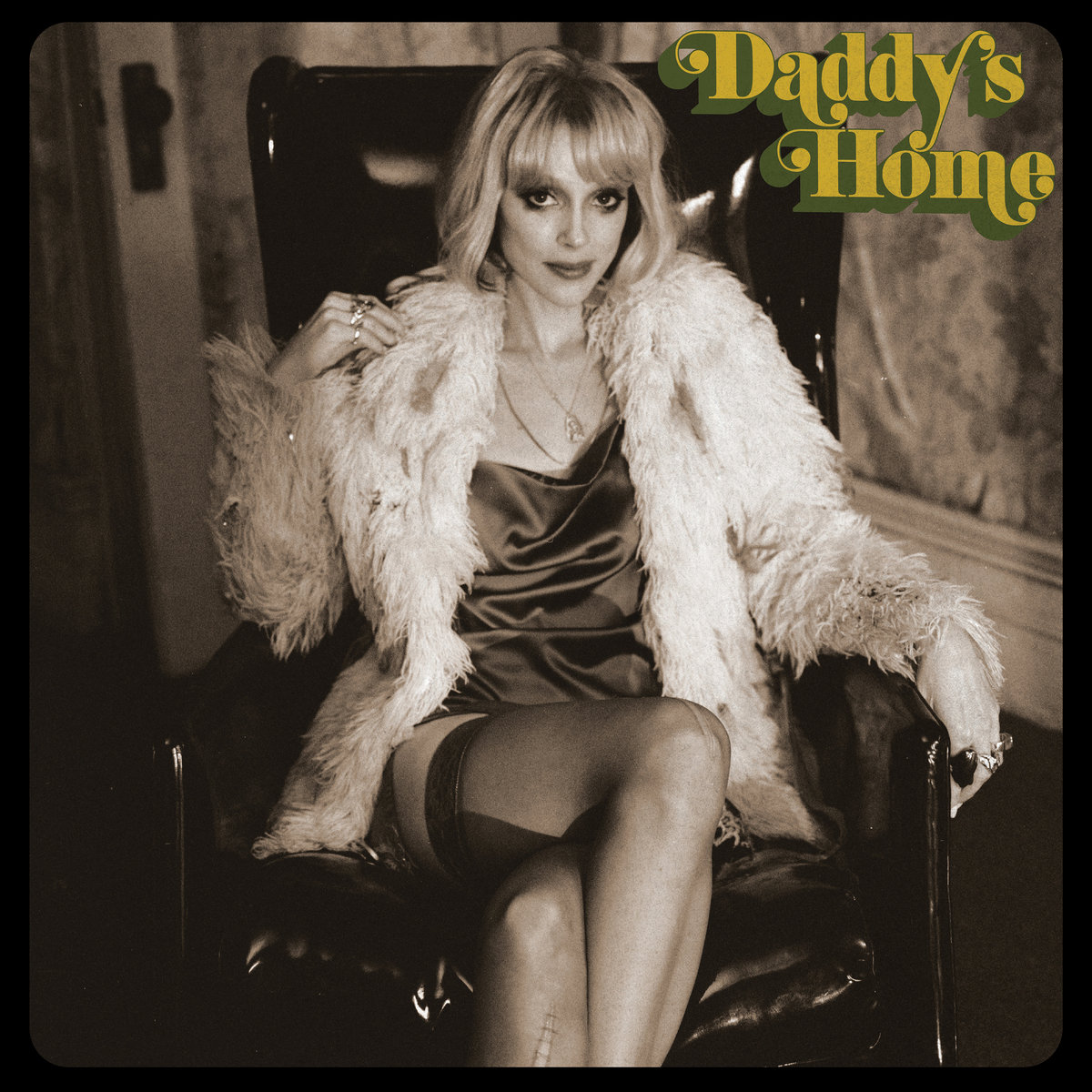
My 2021 review of Daddy's Home is a testament to the power of fandom. It turns out critics can be blinded by devotion too! As someone who'd been head-over-heels for St. Vincent's music since the tender age of 14, I let my early reservations about her sixth album — the iffy narrative, the retro cosplay, the too-easy nostalgia — fall to the wayside. I really wanted to love this album, and for a time I let myself pretend I did. Listening back to Daddy's Home now, it's nowhere near a total disaster — Clark is too attuned to melody and style — but it's her first ever real misstep, an album that feels thematically overwrought and musically underwritten. Clark's best songs sound like the future, and Daddy's Home is kneecapped by its on-the-nose nostalgia pastiche, a perplexing move for an artist capable of making sounds we've never heard before. It's the first time that Clark's late-career penchant for dressup and character has truly overshadowed the music.
6. Love This Giant (2012)
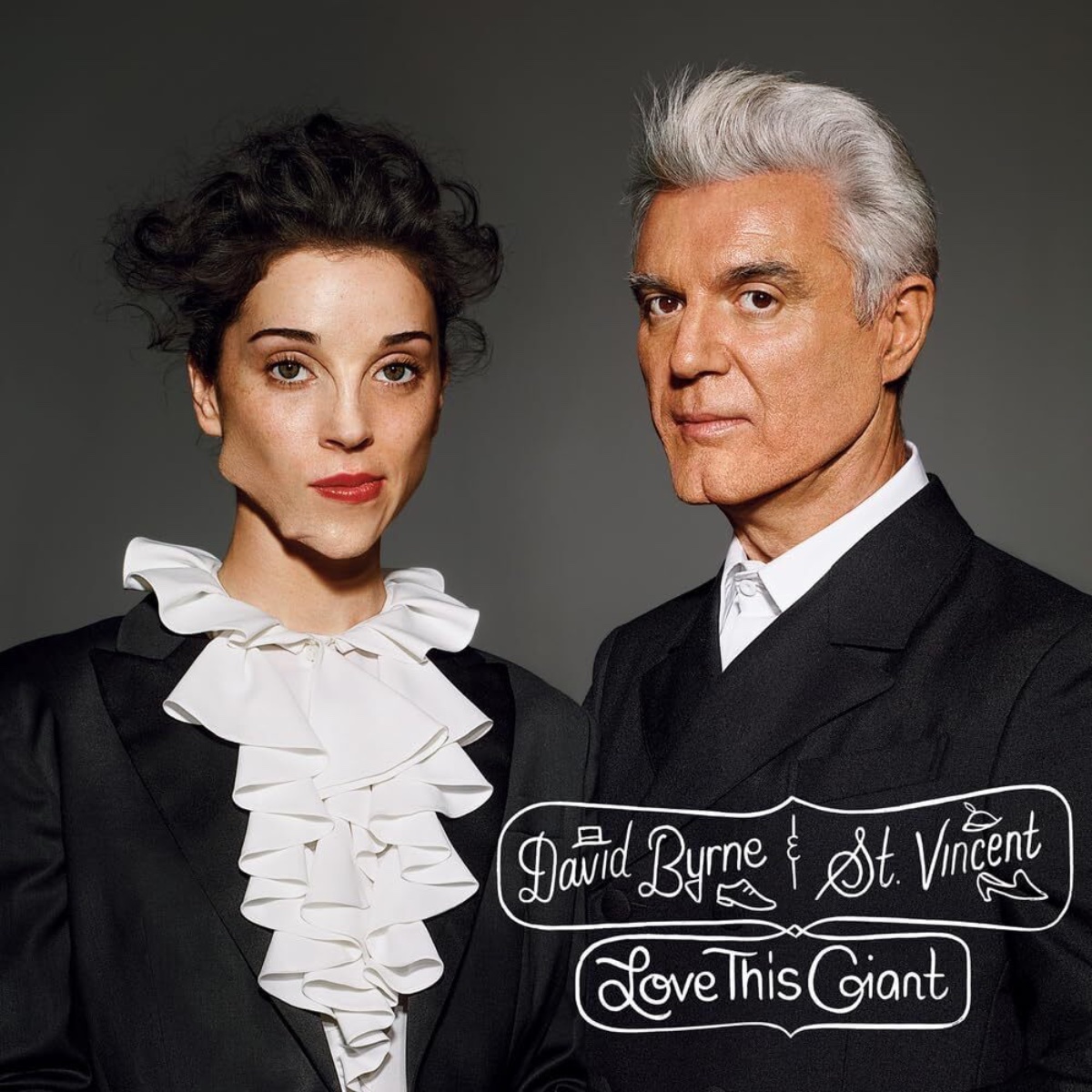
In a collaboration that sounds better on paper than in practice, Love This Giant isn't a career standout for either Clark or Talking Heads leader David Byrne. It's not as urgent or innovative as the music either of them has made on their own. But still, there's nothing wrong with Love This Giant, which is full of impeccably executed grooves and anchored by blaring brass. Clark and Byrne never miss — they just don't quite reach the heights we expect from them.
5. MASSEDUCTION (2017)
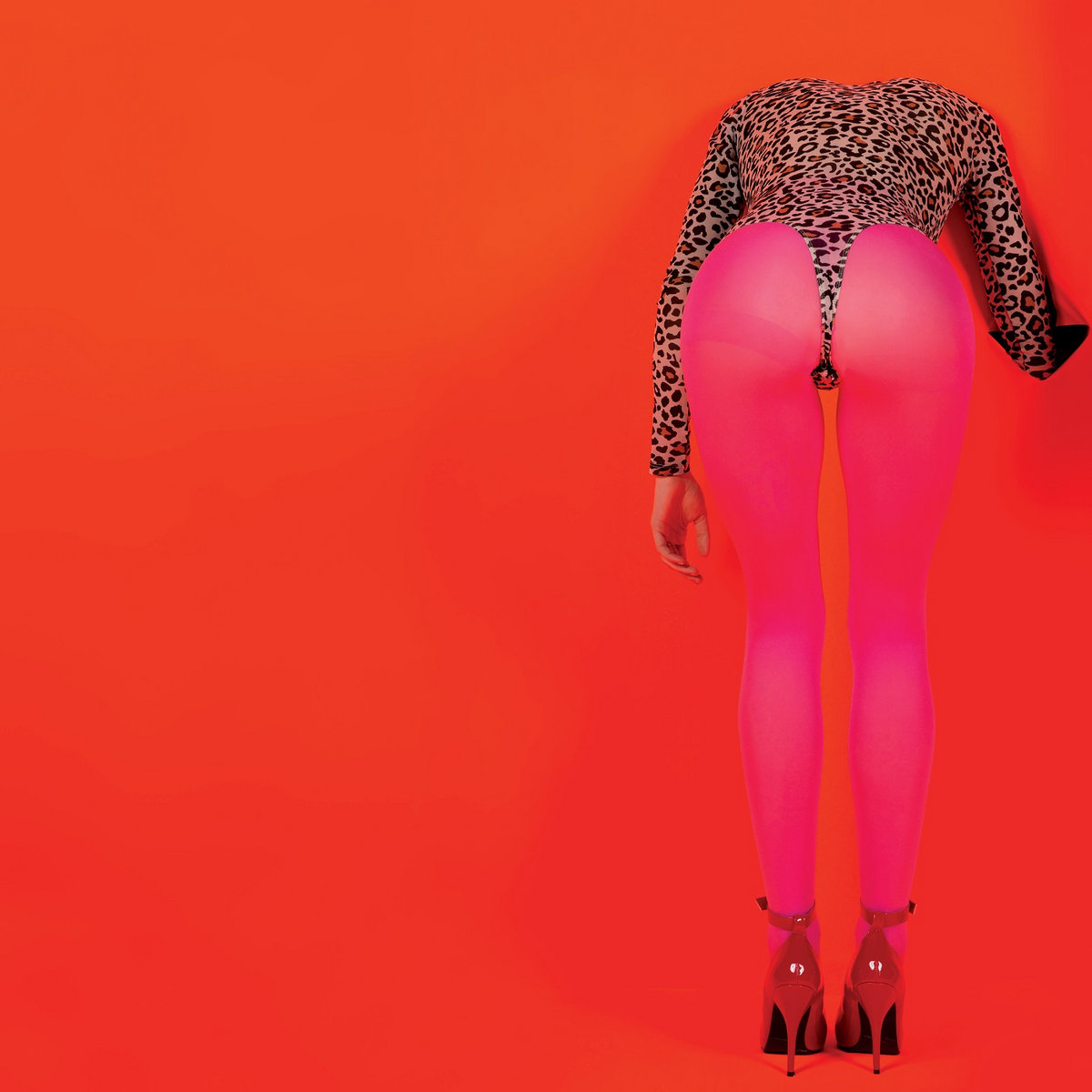
By 2017, Annie Clark had become a full-blown celebrity, so it's only fitting that MASSEDUCTION is her commentary on artificiality and emptiness — and, consequently, it feels a little empty itself. The ballads are syrupy, while pharmaceutical parody "Pills" is irritatingly on-the-nose. But even if it's a little uneven, the highs are very high. "Los Ageless" brings the same pop chops that Clark would later let loose on Taylor Swift's "Cruel Summer," while "Hang on Me" embodies St. Vincent's signature robo-rock style. The most frustrating misfire is that she included the drippy ballad "Slow Disco" in favour of the far superior "Fast Slow Disco," which has since become one of her most-streamed songs. Whoops.
4. Marry Me (2007)
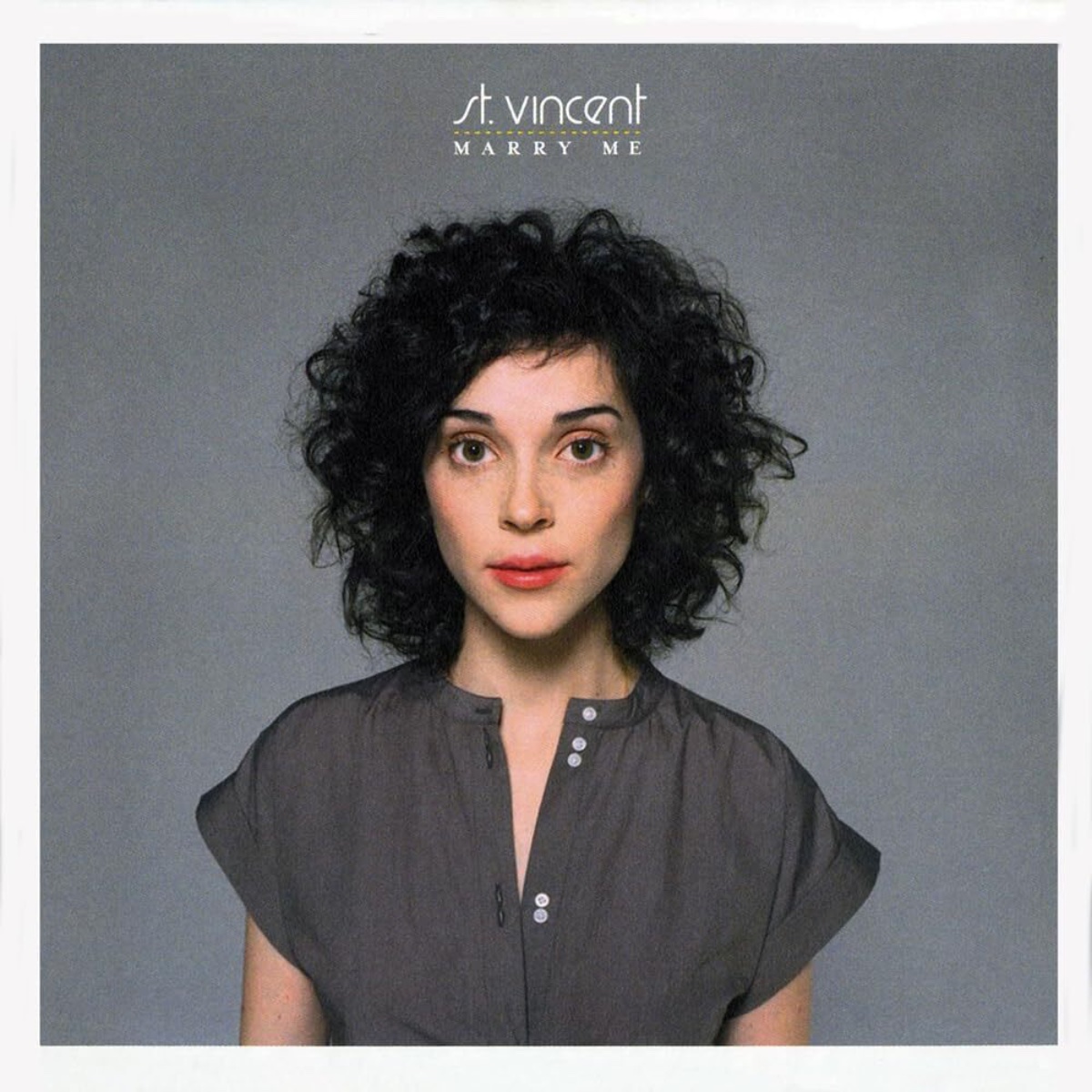
St. Vincent's debut came out in 2007, and boy does it ever sound like it. Fresh off her time in the Polyphonic Spree and Sufjan Stevens's band, Clark made a record in step with the symphonic pop of the time — the last time she would ever sound so indebted to her contemporaries. It's lavish, twee and full of "la la la" singalongs, with Decemberists-esque theatricality ("Paris Is Burning"), lounge crooning ("What Me Worry") and bouncy bossa nova ("Human Racing"). The towering chorus of "The Apocalypse Song" pointed the way for the bold art rock she would later embrace.
3. St. Vincent (2014)

It's fitting that St. Vincent's fourth album is self-titled, since it's the purest embodiment of her one-of-a-kind sound; if one were to introduce Annie Clark to a new listener, this is the place to start. Pop hooks are nestled within harsh electro rock arrangements that abound with skewed guitar heroics and whiplash grooves. It's here that an ironic sense of detachment enters her work, with songs like "Birth in Reverse" and "Digital Witness" taking shots at social media addiction and modern anxieties. But she also knows when to scale things back for moments of pure sincerity, as "I Prefer Your Love" and "Severed Crossed Fingers" are among the most straightforward and affecting songs she's ever written.
2. Actor (2009)

If Marry Me felt too indebted to the twee extravagance of the scene that birthed it, Actor marked the moment that Clark broke into her own lane. While the shock value of its oft-noted sonic juxtapositions — Disney strings and Big Black guitars! — doesn't sound quite as radical in hindsight as it did at the time, it's still gorgeously produced, setting the stage of St. Vincent's trademark balance of jarring noise and melodic sweetness. It's the album that shaped Clark's reputation as an artist, the nexus point that her later records spray out from. Of course, none of that would really matter if the songs weren't so good — "The Strangers," "Actor Out of Work," "Just the Same but Brand New," "Laughing with a Mouth of Blood" — Clark's writing had never been so beautiful and biting, and she'd never quite reach this plane of fantasia again.
1. Strange Mercy (2011)
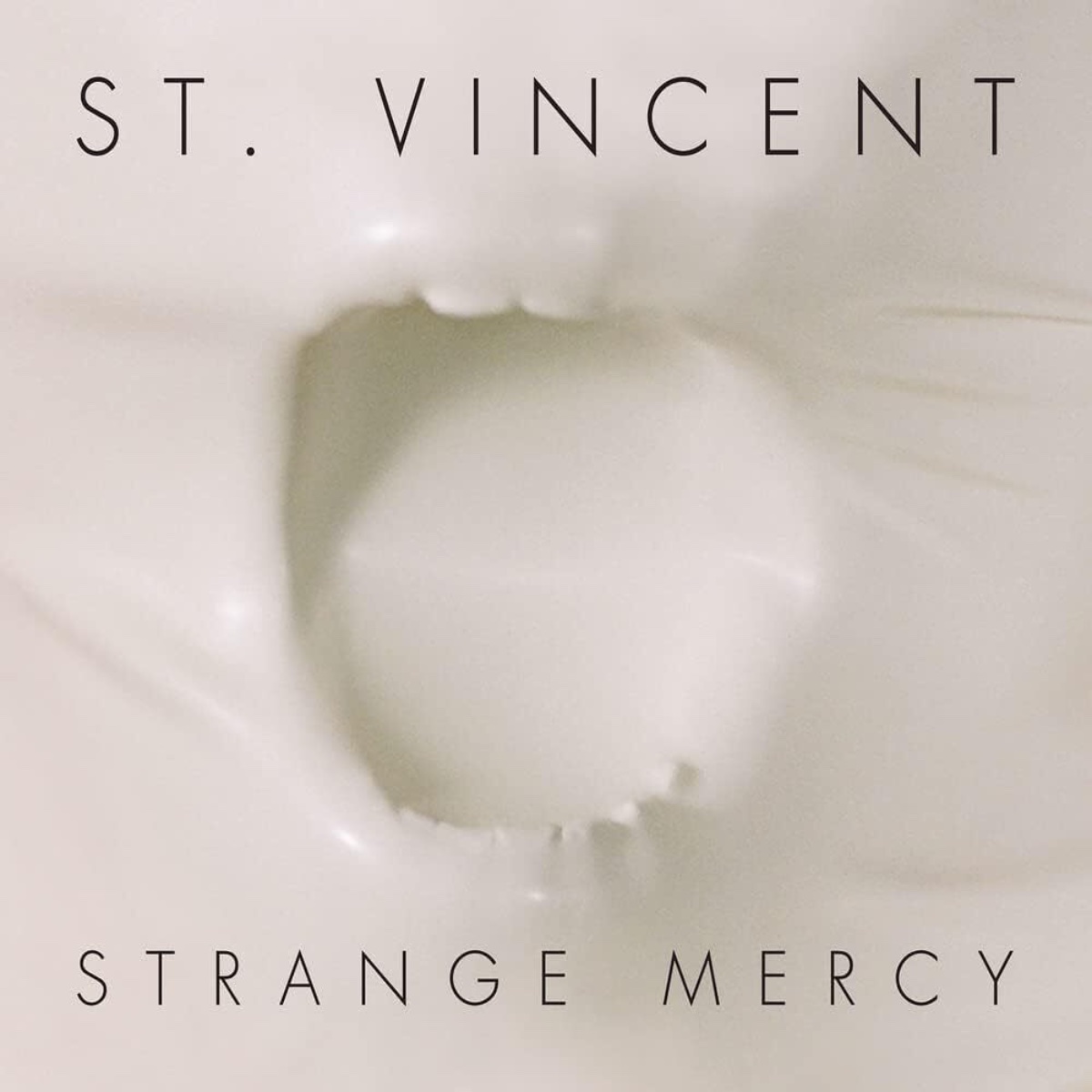
As the years have continued to roll on from 2011, it's become more and more clear what a miracle Strange Mercy really is. A fraught emotional state and fierce artistic vision coalesced on Clark's third record — she was in a rarefied place in 2011, creating with a diamond-like clarity that she hasn't replicated since. Alongside producer John Congleton, Clark made new frequencies, slowing her baroque tendencies to a tasteful drip and wrapping her music in airtight latex. For an artist originally known for her inscrutability (a distance that's come to be missed in her in-your-face later works), Clark is painfully alive and present on Strange Mercy. Just listen to her intakes of breath on "Chloe in the Afternoon," the way her voice nearly cracks with anger on the title track, the helium shriek that blows through "Hysterical Strength" — these carefully rendered and intelligently designed songs thrum with a messy, agonizing humanity, timeworn feelings painted with the sounds of the future.




